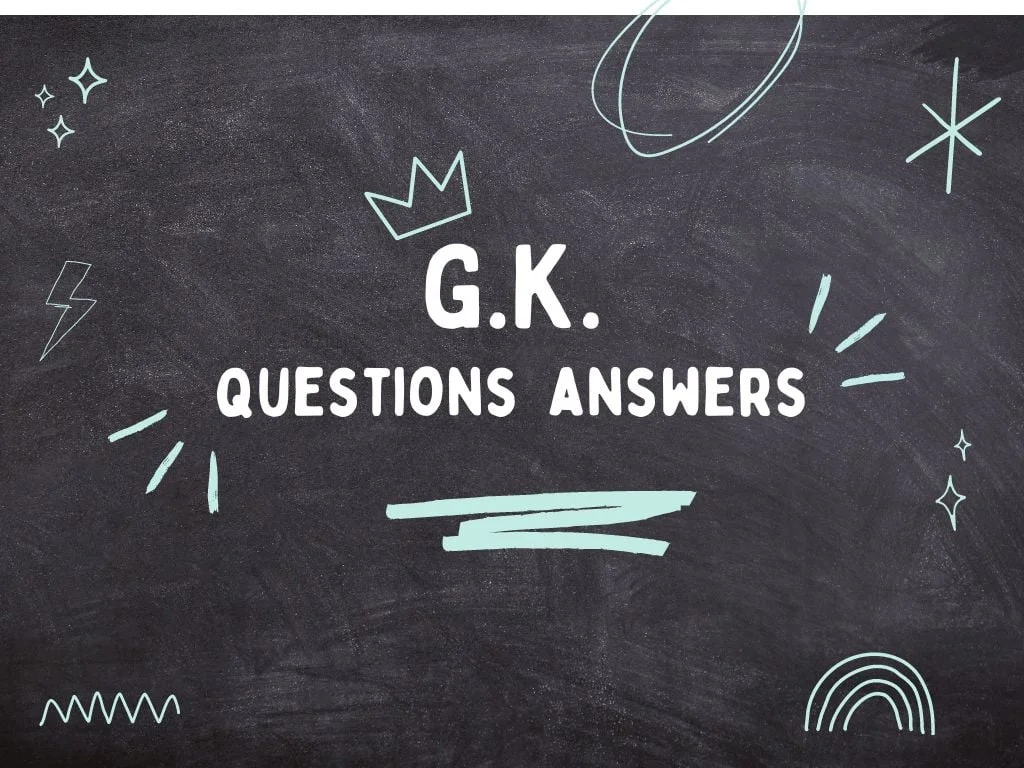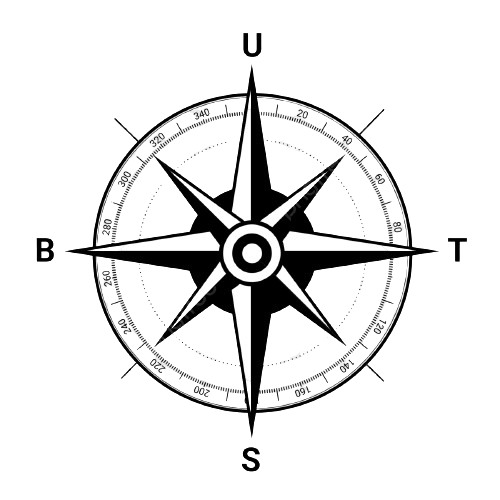General knowledge (GK), also known as common knowledge or trivia, encompasses a broad range of facts, concepts, and information that are considered essential for an educated individual. The history of GK can be traced back to ancient civilizations, where Dewaspin777 the acquisition and transmission of knowledge were highly valued.
Early Civilizations and the Pursuit of Knowledge
Ancient Mesopotamia and Egypt: In ancient Mesopotamia, scribes recorded knowledge on clay tablets, covering topics like astronomy, mathematics, and medicine. Similarly, ancient Egypt produced extensive papyri scrolls containing knowledge in various fields.
Greek and Roman Philosophers: Greek philosophers like Socrates, Plato, and Aristotle emphasized the importance of knowledge and critical thinking. Their works laid the foundation for Western education and the pursuit of universal knowledge.
The Islamic Golden Age: During the Islamic Golden Age (8th-13th centuries), scholars in the Arab world and Persia made significant contributions to mathematics, astronomy, medicine, and other fields. Their works were translated into Latin, influencing European scholars.
The Enlightenment and the Rise of Encyclopedias
The Age of Enlightenment: The Enlightenment (17th-18th centuries) emphasized reason, scientific inquiry, and the spread of knowledge. Encyclopedias, like Denis Diderot’s and Jean d’Alembert’s “Encyclopédie,” aimed to compile and disseminate knowledge across various disciplines.
The Pursuit of Universal Knowledge: The Enlightenment promoted the idea of universal knowledge, accessible to all regardless of social status or background. This led Bos5000 to the establishment of public libraries, schools, and scientific societies.
The 20th Century and the Growth of Information
The Information Age: The 20th century witnessed an explosion of information due to advancements in printing, communication, and mass media. Radio, television, and later the internet made knowledge more accessible and widespread.
General Knowledge in Education: General knowledge became an integral part of education, with school curricula emphasizing the acquisition of broad knowledge across various subjects.
The 21st Century and the Challenge of Information Overload
The Information Overload Era: The 21st century is characterized by an overwhelming amount of information available through the internet and other digital sources. This poses challenges in discerning credible information and developing critical thinking skills.
The Importance of General Knowledge: Despite the abundance of information, general knowledge remains essential for navigating the complex world and making informed decisions. It provides a foundation for understanding diverse perspectives, cultures, and historical contexts.
Conclusion
The history of general knowledge reflects humanity’s ongoing quest for understanding and enlightenment. From ancient civilizations to the digital age, the pursuit of knowledge has shaped education, communication, and the very fabric of society. In today’s information-rich world, general knowledge remains crucial for navigating the complexities of the modern world and becoming informed, responsible global citizens.

History of General Knowledge (GK)
General knowledge (GK), also known as common knowledge or trivia, encompasses a broad range of facts, concepts, and information that are considered essential for an educated individual. The history of GK can be traced back to ancient civilizations, where Dewaspin777 the acquisition and transmission of knowledge were highly valued. Early Civilizations and the Pursuit of…
One response to “History of General Knowledge (GK)”
-
Hi, this is a comment.
To get started with moderating, editing, and deleting comments, please visit the Comments screen in the dashboard.
Commenter avatars come from Gravatar.

Leave a Reply